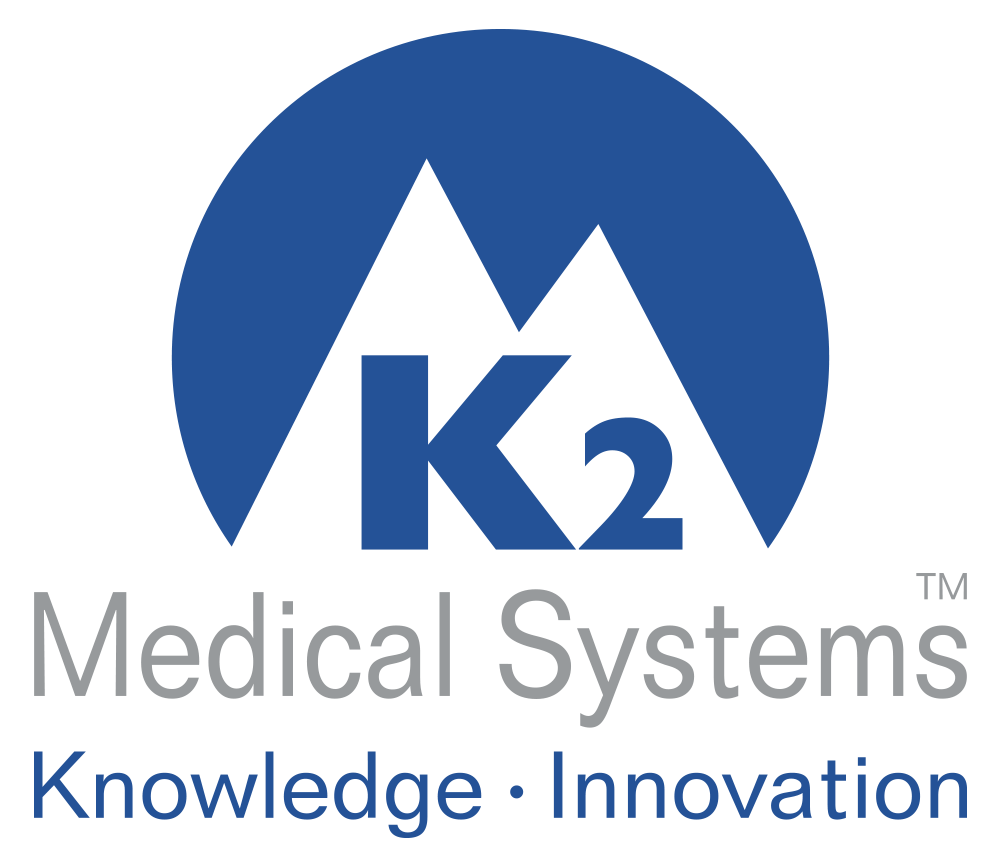K2 Statement on Field Safety Notice for Philips Avalon Ultrasound Transducer
We have been made aware of a Field Safety Notice that was issued for the Philips Avalon Ultrasound Transducer and below is our statement.
Reported 7th June 2024.
During a routine review of Field Safety Notices, K2 Medical Systems has found that the following Field Safety Notice – MHRA reference 30701574 has been issued regarding the Philips Avalon Ultrasound Transducer (867246) Fetal Monitoring.
The findings from the FSN are : -
It was found that the latest version of the wired Avalon Ultrasound Transducers (867246) may report inaccurate Fetal Heart Rate (FHR) measurements when monitoring multiples (twins or triplets): In situations where the physiological signal (echo from the fetal heart) is absent or very weak (e.g. in early weeks of pregnancy), there is a tendency of the wired Ultrasound transducers to interfere with each other and subsequently to produce an artificial FHR, mostly at approximately 180 bpm. The use cases affected by this issue are twin or triplet monitoring with wired Ultrasound Transducers including at least one transducer with software version L.01.04. The population at risk is women with multiple gestation (twins/triplets).
For more details, Including; affected products and recommended actions please see the FSN accessible via the below link:
https://mhra-gov.filecamp.com/s/d/K9OF51bWxBt70ff1
K2 Position Statement:
K2 are aware of the proximity of its products with the affected devices referenced within the aforementioned FSN. K2 will continue to monitor this situation very closely and welcome any questions or concerns of any customer impacted by this. By design the K2 INFANT-Guardian receives and presents the CTG data unaltered from source i.e the connected FM/CTG machine via the recognised standard HP50 or M1350 protocol. Where it is feasible and within remit of K2 we are more than willing to aid and assist with any investigation that might identify medical records (EPR) that are affected by this issue.
